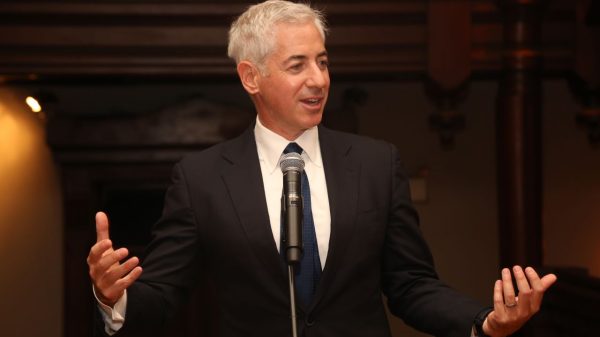A young woman in Southern California took her own life after she and her friend were drugged and raped by an Uber driver in 2020, according to a new lawsuit against the ride-share company.
The civil complaint was filed by the victim’s father with the San Francisco Superior Court this week.
In the complaint, Nestor Garcia alleges that San Francisco-based Uber and its subsidiary Rasier LLC were negligent when they failed to do more thorough background checks on their drivers and did not warn female passengers like his daughter of the risk of sexual assault.
That alleged negligence ultimately led to the wrongful death of his daughter, the complaint states. It does not specify the amount of monetary damages sought.
In a message to The Standard, an Uber spokesperson declined to comment on the case.
“Sexual assault is a horrific crime, and we take every report of this nature very seriously,” she said. “While we cannot comment on pending litigation, we are deeply committed to the safety of all users on the Uber platform.”
The case is part of a mass tort, a civil suit that alleges a defendant’s actions caused injury to a large number of individuals. Walt Cubberly, Garcia’s lawyer, said that his firm, Williams Hart & Boundas, represents hundreds of people victimized by Uber drivers.
“I think every woman is entitled to know that getting in an Uber by herself is not safe,” he said.
According to the complaint, in July 2020, Ezly Garcia Rodriguez, who was in her mid-20s, and a friend identified in the court document only as Jane Doe called an Uber to pick them up in West Hollywood around 3:48 a.m. When their driver arrived, he offered them water.
Unbeknownst to the women, the driver had laced the water with an intoxicant that left the two young women incapacitated, the complaint states. They later woke up in Doe’s home in Los Angeles and found the front door was wide open.
Several months later, both women received calls from the Los Angeles Police Department asking them to come to a police station. The police had taken the driver—identified in the lawsuit only as “Javier”—into custody and seized his cell phone. Cubberly, Garcia’s lawyer, was unable to provide The Standard with Javier’s full name, but said he believed the man had been charged and was currently awaiting trial.
“Uber’s driver was a serial sex offender,” the complaint states. “He would drug women, sexually assault them, and record his sexual assaults.”
Ride-share drivers committing sexual assault is not a new issue.
In 2014, then-San Francisco District Attorney George Gascón, together with his Los Angeles counterpart, sued the company, alleging that its background check procedure for drivers was not thorough enough to turn up many criminal convictions that are older than seven years.
Gascón said one of the main problems was that Uber did not fingerprint its employees—a move that would turn up more convictions—as part of that process.
Uber and Rasier later settled with the two DAs and agreed to pay up to $25 million as a penalty.
Since then, Uber has produced two safety reports covering the period from 2017 to 2020. While serious safety violations occur during a small fraction of trips, the reports revealed thousands of cases of sexual assault and over 850 cases of “non-consensual sexual penetration.”
In the complaint against Uber, Garcia and his lawyers allege that company leaders have still “refused to implement biometric fingerprint or Live Scan background checks” and Uber does not allow women passengers to opt for women drivers.






































